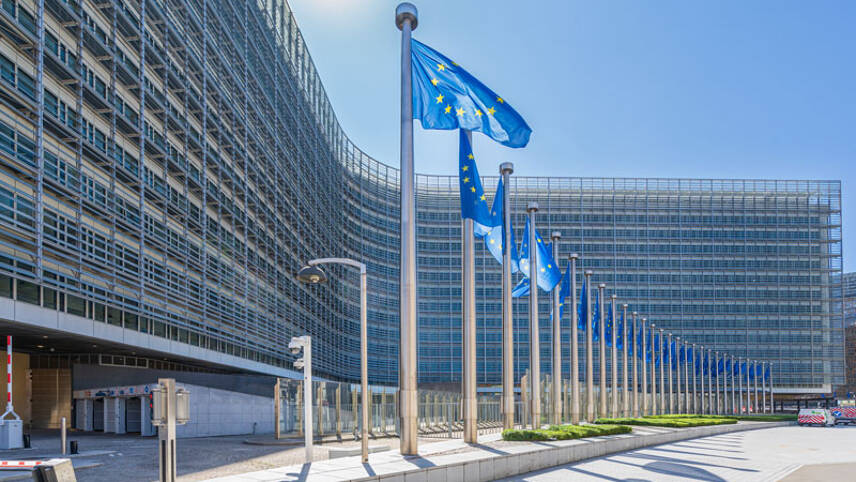Register for free and continue reading
Join our growing army of changemakers and get unlimited access to our premium content

Of the 58 members of the Committee, 43 voted on Wednesday (25 October) to support the first draft tabled by German MEP Dr Christian Ehler. There were 12 votes against the draft and three abstentions.
Ehler reacted to the vote by stating on X (formerly Twitter): “This is good news for our industry. Europe is finally getting serious on industrial policy. The importance of the Act goes beyond just this file, it sets the tone for the next Parliamentary term.”
The first draft aims to operationalise the proposals for a Net-Zero Industry Act first unveiled by the European Commission this March.
The proposals include a target for at least 40% of clean energy technologies to be manufactured in the EU by 2030, including components for wind turbines, heat pumps, solar panels, renewable hydrogen production and carbon capture and storage.
By encouraging the development of EU-based supply chains for these technologies, the bloc is hoping to rival the USA’s Inflation Reduction Act, which is providing billions of dollars of subsidies to low-carbon industries. It is also hoping to lessen its dependency on imports from China.
The Net-Zero Industry Act also details plans to create better conditions for clean economy investment. It touts streamlined and accelerated permitting for clean energy and carbon storage projects; improved data-sharing on key projects and training for 100,000 people within three years.
While these top-line visions have been broadly welcomed, many green industry thought leaders have been pushing for more ambitious and detailed plans, including think-tank Bruegel and the Cambridge Institute for Sustainability Leadership (CISL).
CISL’s executive chair Dr Martin Porter called the adoption of the draft report “a positive, if minor and belated, step towards addressing some of the key competitive challenges Europe faces”.
Porter elaborated: “To be even more effective, the Act must include more industries where the EU is already a leader, such as energy efficiency and materials circularity. It should also include information on the food sector – another key industry.
“Wider industrial transformation will require an ambitious new approach using a whole-economy strategy, which builds on the strength of the EU’s single market and complements that with a focus on resilience for greater domestic value-add, jobs and security.
“It should take inspiration and further develop its existing approach to Competitive Sustainability – but this time give it real teeth – establishing targets and metrics that are consistent with its stated sustainability ambitions, policies, regulation and public funding to match.”
Decarbonisation must accelerate
The vote came on the same day that the EU published its new State of the Energy Union report, assessing the low-carbon energy transition to date and forecasting future trends.
The report concludes that the EU’s annual emissions are likely to be 43% lower in 2030 than in 1990, meaning the bloc is not currently on track to meet its promised 55% reduction within this timeframe.
It warns that there are “significant gaps” in policies to enable an acceleration of renewable energy deployment in the future. Additionally detailed in the report is the need for a more rapid and concerted effort to scale back fossil fuel subsidies, which swelled to €123bn in 2022. Half of the subsidy packages offered last year do not have an end date this decade, the report warns, despite phase-out pledges made by the G7 and G20.
The EU must also bring forward clearer measures to cut emissions from buildings, agriculture and transport, and to protect and restore degraded habitats that can act as carbon sinks, the report states.


Please login or Register to leave a comment.